Your time and attention have never been more valuable. Tech companies vie for your attention and trade it as a commodity. They lure you into increasing your time on their platforms, and exploit neuroscientific discoveries to manipulate your online behavior. You succumb to the barrage of distractions, losing focus and creativity. “Digital anthropologist” Brian Solis noticed the demise of his own creativity and developed the Lifescale method in response. He provides a framework for recapturing your focus, rekindling your creative spark, and igniting a deep sense of purpose and well-being.
Digital distractions gobble your focus and attention.
People suffering addiction to digital devices often drop out of real life to sleepwalk, zombie-like, through a virtual existence. They lose the ability to focus, meet goals and fulfill responsibilities. The detrimental effects of never disconnecting from the digital world include decreasing attention spans, loss of empathy, and less energy for creative activities or critical thinking. Productivity drops as workers spend an average of two hours a day on their smartphones. The time you spend on apps, networks, social media and texts does not make you happier. It erodes your sense of well-being, increases stress and anxiety, and engenders feelings of loneliness and self-doubt.
Happiness correlates directly to creativity. Digital distraction inhibits creative flow. If you want to reclaim happiness and become more creative through learning how to resist the magnetic pull of distraction, consider “Lifescaling.” The Lifescale journey begins with developing awareness of why you succumb to distraction and relearning how to focus. You’ll define your values, and identify what brings you happiness...
Brian Solis, principal analyst at the Altimeter Group, also wrote X: The Experience When Business Meets Design and What’s the Future of Business.









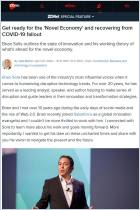

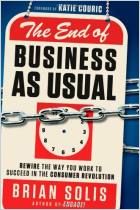
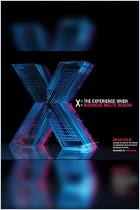
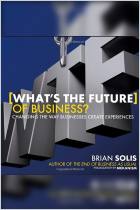

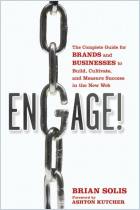
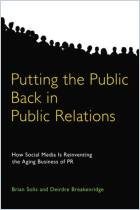
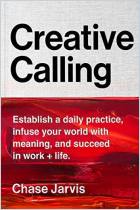
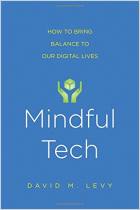
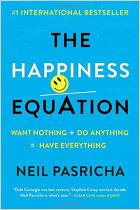
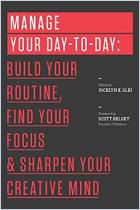

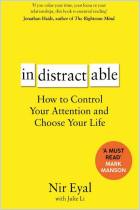






Comment on this summary or Iniciar a Discussão